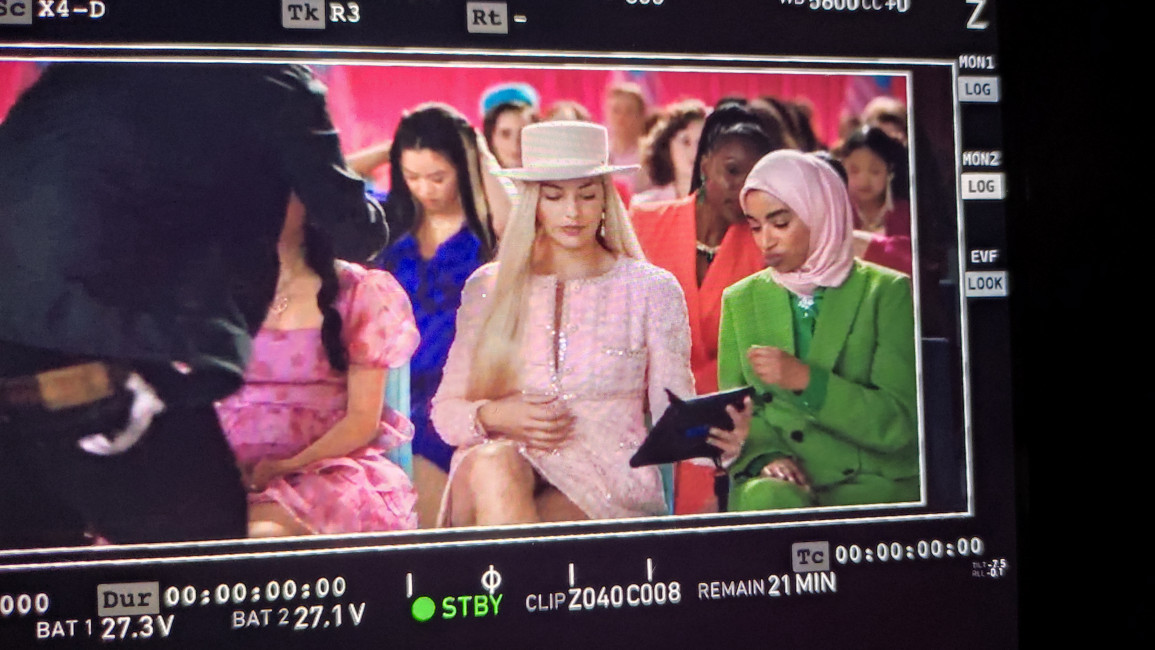Barbie film to screen in Lebanon cinemas after ban threat
Movie fans in Lebanon will finally be able to watch Barbie at cinemas after an attempted ban was finally quashed.
Cinemas will begin screening the film on Thursday, with huge crowds expected following the high-profile delay.
Following a request from Interior Minister Bassam Mawlawi, the General Security's censorship committee reviewed the film and decided on Friday to allow its screening for viewers aged 13 and above.
"The committee responsible for reviewing cinema films, which comprises representatives from Public Security and the Ministry of Economy, watched the movie 'Barbie' on Friday morning and found no scenes or reasons to prevent its screening," said the Lebanese MTV channel.
Culture Minister Mohammed Mortada had earlier opposed the film's release in Lebanon claiming it "promotes homosexuality and sexual transformation" and "contradicts values of faith and morality" but later backed down.
"We were told we had to postpone opening, but no one knew why," Lebanese film critic Anis Tabet told The Los Angeles Times.
Starring Margot Robbie and Ryan Gosling as Barbie and Ken, the movie sends the famed Barbie doll on an adventure in the real world. The film has topped $1 billion in box office ticket sales worldwide since its 21 July debut.
Despite its seemingly innocuous storyline, Barbie has sparked controversy in the MENA region. The film looks at issues related to feminism and patriarchy in a humorous and offbeat way.
The movie has screened at cinemas across the Gulf - traditionally viewed as a more conservative part of the MENA region - but was held up in countries more tolerant of artistic expression such as Lebanon and Tunisia.



